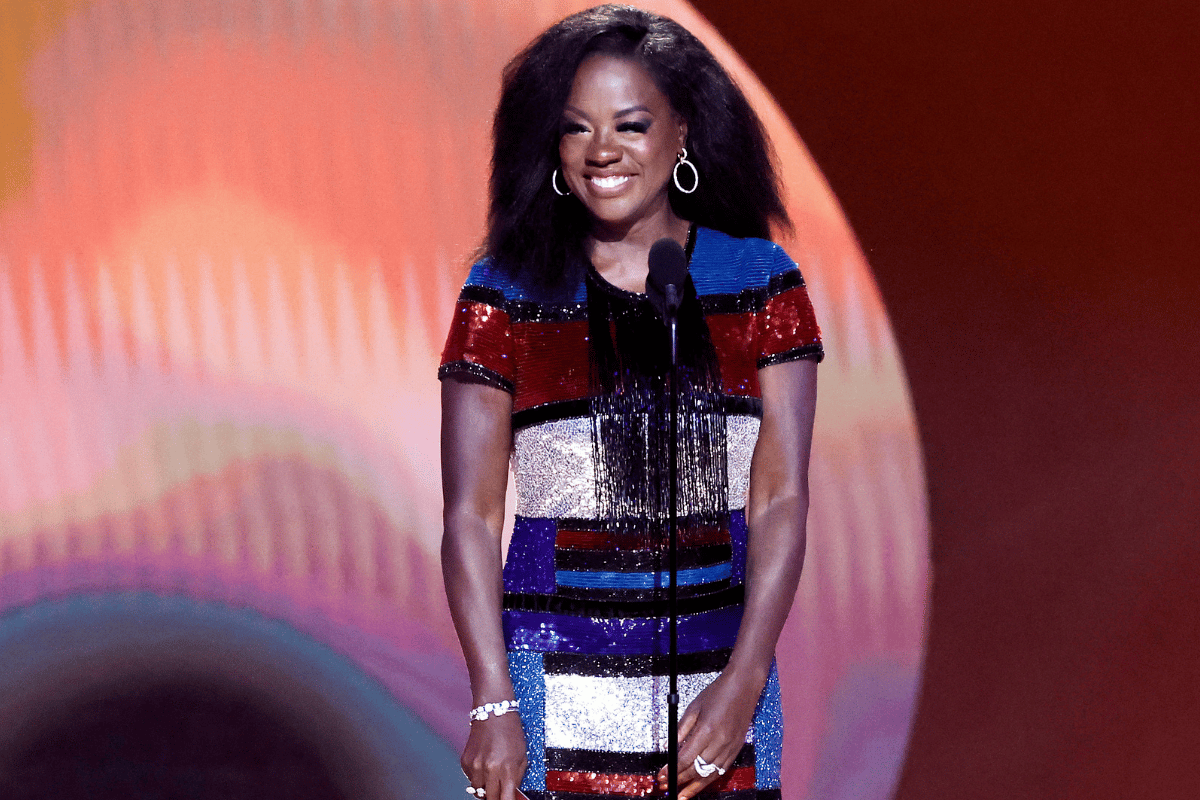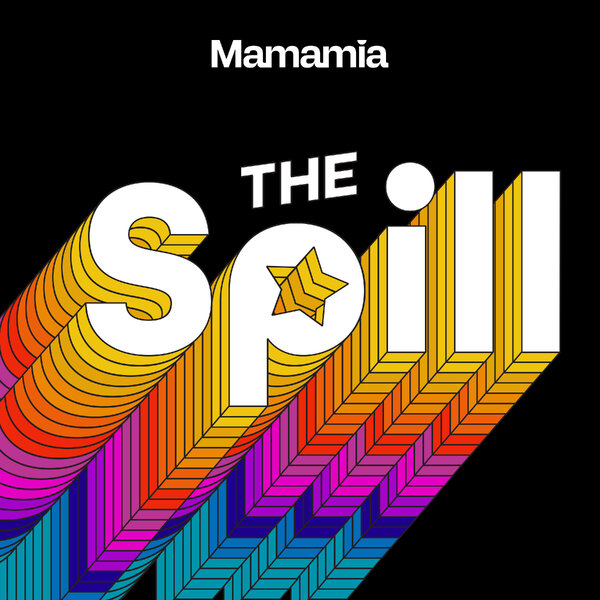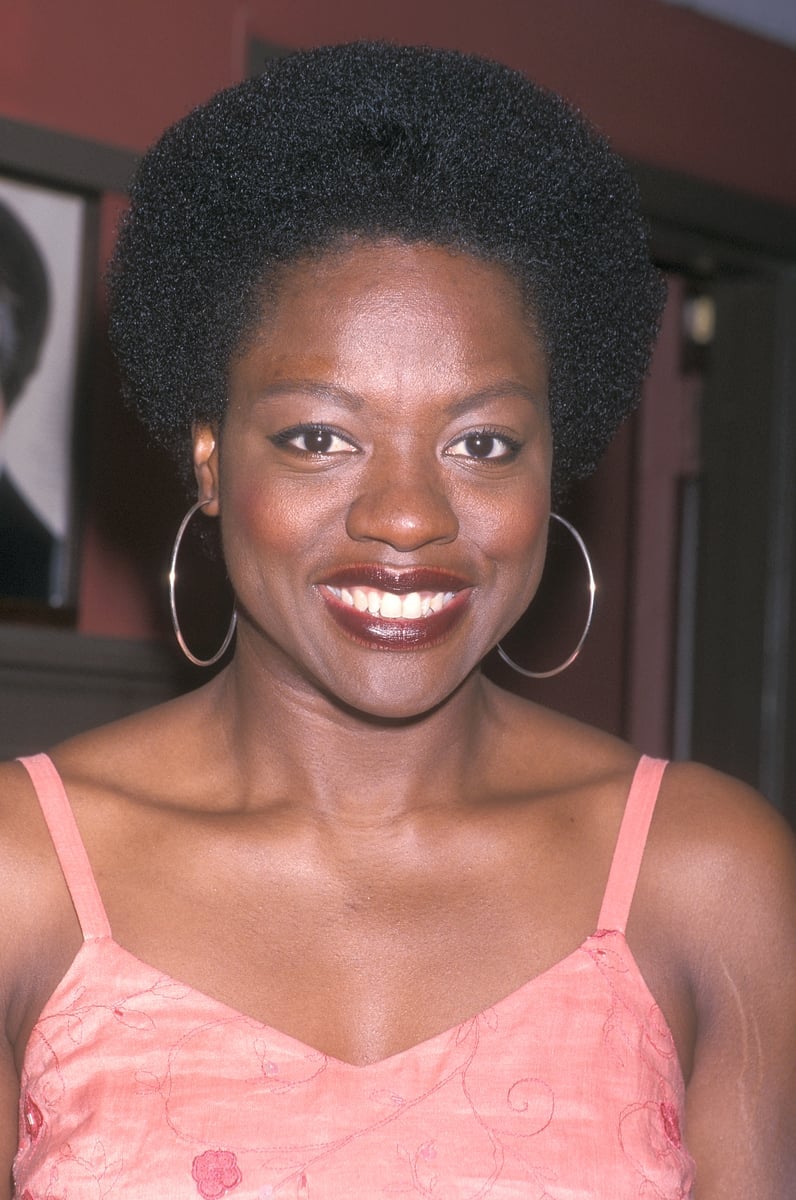
This article deals with domestic violence and alcoholism and may be triggering for some readers.
Viola Davis has made a powerful name for herself: an incredibly successful actor, activist and producer. And this week, she became the 18th person in history to achieve EGOT status - winning an Emmy, Grammy, Oscar and Tony Award.
But in her new book, Finding Me: A Memoir, Davis reveals she faced scrutiny over her looks after being cast in one of her most iconic roles.
The experience is detailed in a recent New York Times profile, in which Davis addresses many incidents of racism and colourism throughout her career, but says she has a lasting memory of what she went through after being cast as passionate and unpredictable law professor Annalise Keating in How to Get Away With Murder.
Davis says that after getting the part, a friend came to her after overhearing other actors - some of whom were Black - saying she "wasn't pretty enough to pull it off."
"Davis couldn't shake all the racial criticisms she had heard over her career. She was 47 and terrified. She took the job anyway," NYT reporters Jazmine Hughes wrote in the profile.
And in doing so, she cemented Annalise Keating as one of the most iconic television characters of recent times - and won an Emmy for Outstanding Lead Actress in a Drama Series.
Amid Davis' life in the spotlight, she initially kept her personal life relatively private: that is until recently.




Top Comments